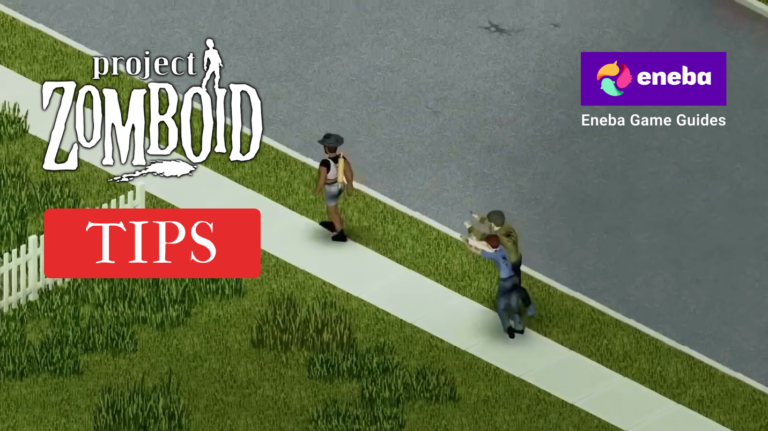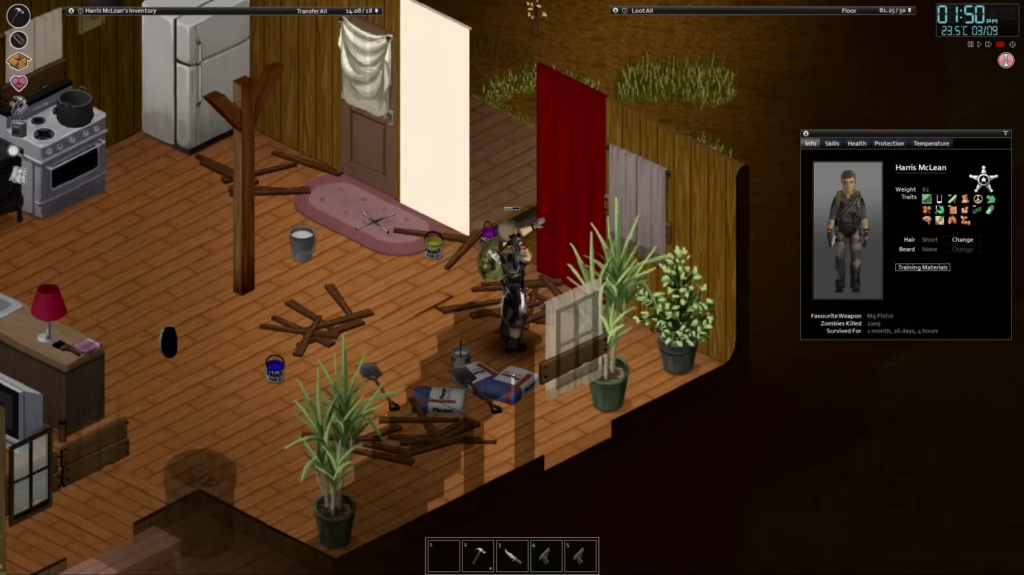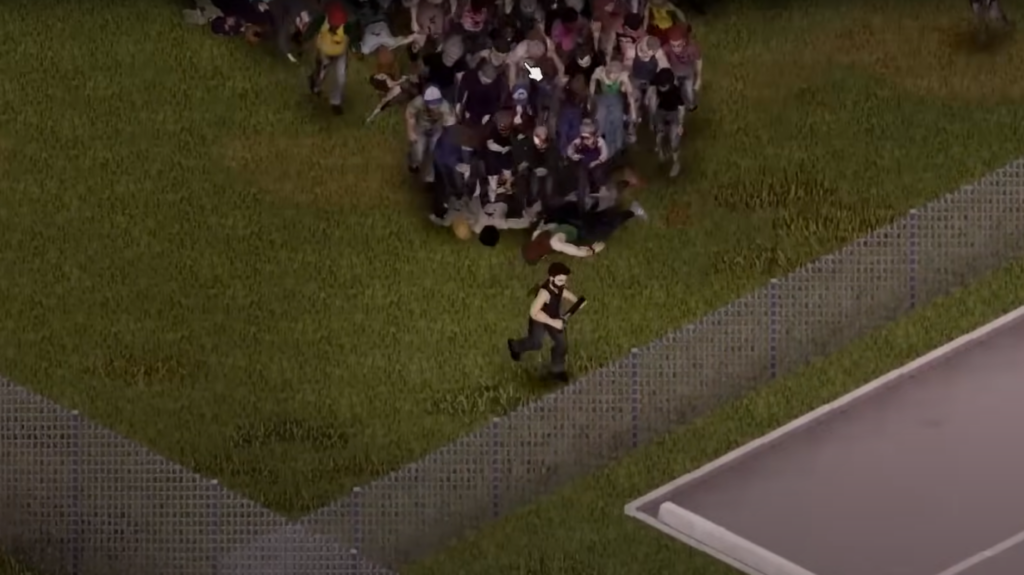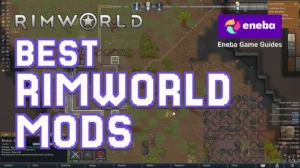Project Zomboid Tips: Survive the Apocalypse With Smart Strategies

Project Zomboid might look like a simple retro‑style game, but it hides one of the most demanding survival simulations I’ve played. Every decision matters, from where you sleep to what you carry. In this article I’ll share Project Zomboid tips that helped me stay alive, build a secure base, manage resources, and prepare for the long haul.
Jump to:
Essential Project Zomboid Tips for Beginners
Your first day is all about staying calm and gathering the basics. The camera only shows what your character sees, so use the look‑behind key and never sprint blindly around corners. Disable alarms on watches or clocks as soon as you pick them up; nothing alerts a horde faster than a beeping digital watch. While the taps still work, fill every bottle, pot, and mug you find because the water supply will shut off within a few days.
The house you spawn in is free of zombies, but clear it room by room, close curtains, and lock doors before looting. Focus on canned food, a simple weapon like a kitchen knife or hammer, and a bag to carry items. Move at a walk and crouch near zombies to keep noise down. If you must fight, isolate single enemies and shove them to the ground before striking. Use the map to mark safe houses and avoid dangerous areas. Get to bed before nightfall with curtains closed.
Building a Secure Base in Project Zomboid

A strong base keeps you alive after the first week. Choose a two‑story house or warehouse on the edge of town where zombies are fewer but supplies are still nearby. Level up carpentry by dismantling furniture and reading books; you need at least level six to build stairs or upper floors. Gather tools such as a hammer, saw, screwdriver, and lots of nails.
Start by fortifying the structure you’ve chosen. Barricade windows with planks or metal sheets, and block entrances with fences or vehicles to create choke points. Two‑story living is safer because zombies can’t climb ropes. Prepare for water and power outages by placing rain collectors on the roof and learning to operate a generator.
Check out our games like Project Zomboid article for more inspiration.
Resource Management, Looting, and Food
Efficient resource management separates survivors from victims. In the early days, stockpile non‑perishable food such as canned goods, dried pasta, and rice. Keep a can opener handy so tins don’t go to waste. Fresh food spoils quickly, so eat it first or cook it into stews. Travel light by using backpacks or duffel bags, and deposit heavy items at your base when you return from loot runs. Weight slows you down and makes you an easy target.
Once stores are empty, learn to forage and fish. Forests yield berries, mushrooms, and herbs, while rivers and ponds offer fish. Starting a garden ensures a renewable food source; potatoes and cabbages grow well and can feed you through winter. Build rain collectors above sinks and boil river water to avoid illness. Know where to find important items: tools and weapons spawn in garages and sheds, medical supplies in bathrooms and pharmacies, and skill books on bookshelves.
Reading those books speeds up progression in carpentry, cooking, farming, mechanics, and first aid. To see how other undead adventures compare, read our best zombie games piece.
Combat, Stealth, and Avoiding Zombies

In Project Zomboid, stealth keeps you alive longer than brute force. Crouch to reduce noise and avoid alerting nearby zombies. If you see a single enemy, lure it over a fence; the fall will knock it down, giving you a chance to finish it off safely. Early on, rely on quiet melee weapons like bats, crowbars, or axes. Aim for the head and use the shove mechanic to create distance. Guns are powerful but attract hordes, so save them for emergencies when you have plenty of ammunition.
Pay attention to stamina and mood icons. Exhaustion, panic, hunger, and thirst all reduce combat effectiveness. Rest when tired, eat and drink regularly, and use beta blockers or cigarettes to calm panic if your character has that trait. The environment offers many advantages: narrow hallways act as choke points, and cars or trees can help you break line of sight. Sometimes the best tactic is to run; if a helicopter or house alarm draws hordes to your location, retreat to a safe route or secondary base rather than risk being overwhelmed.
Long‑Term Survival and Late Game Strategies
After the first few weeks, focus on sustainability. A reliable vehicle lets you travel further for loot and transport larger items. Keep spare parts, check the engine condition, and repair damage before it becomes critical. Generators provide electricity when the grid fails; fuel them with gasoline and maintain them according to the “How to Use Generators” magazine. Store extra gas safely outside your living space.
Spread risk by building multiple safe houses. Set up a secondary shelter in a different part of the map stocked with spare food, water, weapons, and a bed. Level up complementary skills to become self‑sufficient: mechanics for vehicles, carpentry for building, cooking for nutritious meals, and farming for steady food. Watch TV shows and read skill books early to accelerate progress.
Plan for winter and other events. Seasons affect gameplay; cold weather reduces crop yields and demands warm clothing and blankets. Prepare indoor heating with wood stoves, but ventilate to avoid smoke buildup. When days grow short, keep flashlights, candles, or a generator to light your base. Most importantly, enjoy the journey.
Each run tells a story of survival and teaches something new. If you need a break from solo play, our Hub has an excellent roundup of multiplayer survival games that scratch a similar itch.
Mastering the Art of Staying Alive
Staying alive in Project Zomboid requires preparation, patience, and smart choices. Be aware of your surroundings, secure a defensible base, manage your food and water, avoid unnecessary fights, and think long term. Every failed run teaches you something valuable that makes the next one stronger.Follow the project zomboid tips shared here to improve your odds and turn early frustration into long‑term success.
If these strategies have inspired you to dive back into Knox Country, consider picking up a Project Zomboid Steam key from our marketplace. We deliver a digital copy instantly so you can put these tips into practice right away.
FAQs
What should you do first in Project Zomboid?
This thing you should do first in Project Zomboid is to secure your spawn building, gather essential supplies like food, water, and a weapon, and disable any alarms on watches or clocks. Once you’re equipped, quietly search nearby houses for more resources while avoiding large groups of zombies.
What is the best base location in Project Zomboid?
The best base location in Project Zomboid is usually a two‑story house on the outskirts of town, near a water source but close enough to loot runs. A rural farm or warehouse with open fields for farming and room for rain collectors offers safety from zombies and space to grow food.
How do you survive long term in Project Zomboid?
To survive long term in Project Zomboid, you need to secure food and water sources through farming, fishing, and rain collection, maintain a generator for power, and develop multiple safe houses. Continually improve skills like carpentry, mechanics, and cooking to become self‑sufficient.
What skills should I focus on in Project Zomboid?
The skills you should focus on in Project Zomboid include carpentry for building and repairing bases, cooking for improved meals, mechanics for vehicle maintenance, and farming for sustainable food. Reading skill books and watching early‑game TV shows accelerate your progress.
Can you avoid zombies in Project Zomboid?
Yes, you can avoid zombies in Project Zomboid by using stealth, crouching to reduce noise, and planning routes through low‑density areas. Avoid firing guns unless necessary, watch your stamina, and use fences or walls to break line of sight when moving through the world.
















